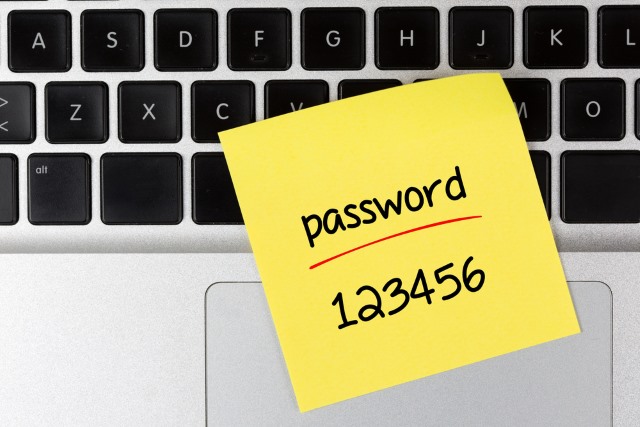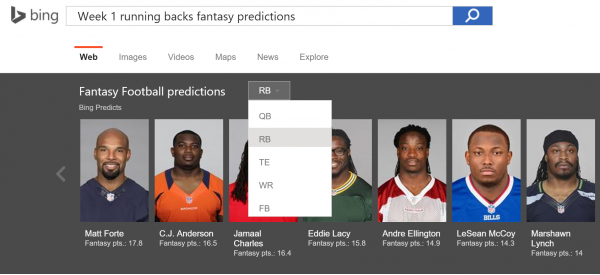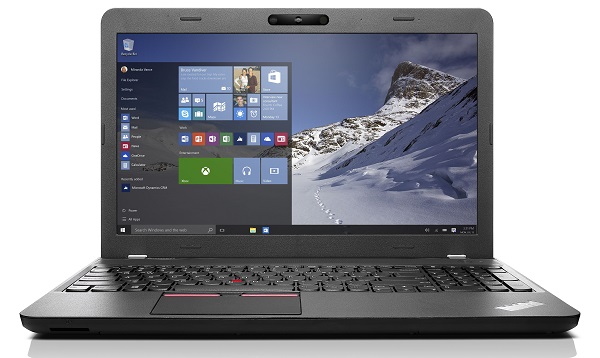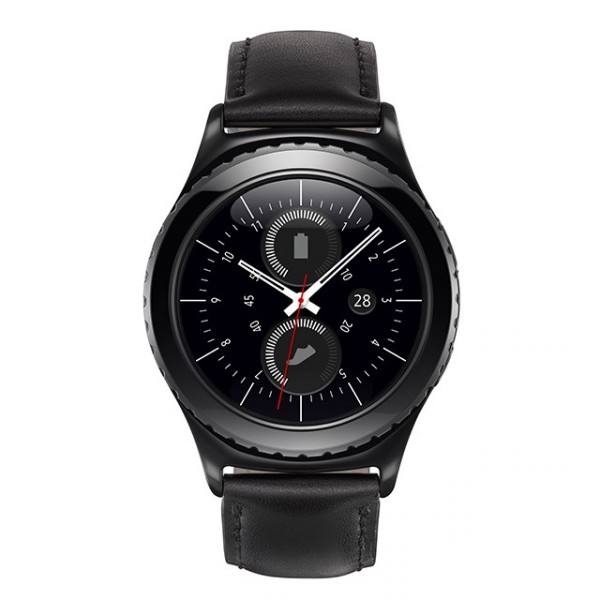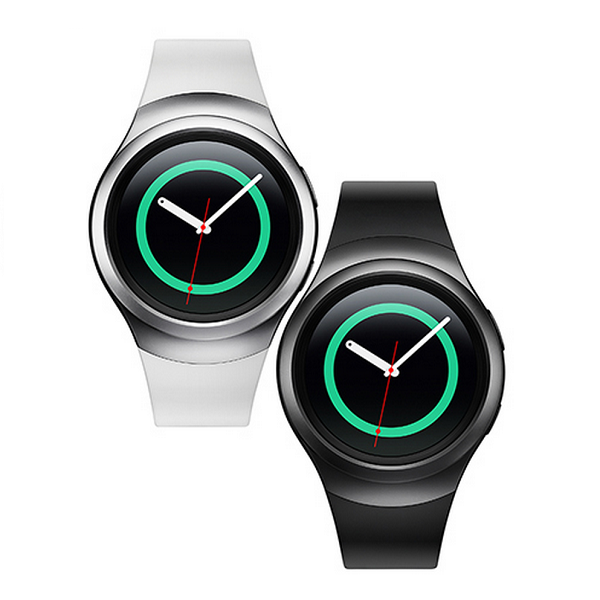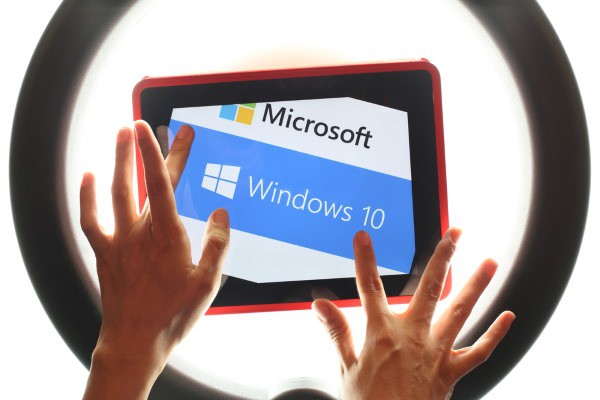
It's been roughly a month since the release of Windows 10, Microsoft's newest desktop operating system. It packs in several enticing features including the digital assistant Cortana. But despite all the interesting offerings, Windows 10 isn't sitting well with many. Privacy advocates have criticized Microsoft for introducing several features that are seemingly concerning to those who care about their privacy. To make things worse, the company has now rolled out some of these annoying features to Windows 7 and Windows 8.
First spotted by Ghacks, some of the recent updates that Microsoft rolled out to Windows 8 and Windows 7 set a computer to regularly send reports of a machine's activities to Microsoft. The update dubbed 3068708, for instance, introduces the Diagnostics and Telemetry tracking service on the computers it is installed on. "By applying this service, you can add benefits from the latest version of Windows to systems that have not yet upgraded. The update also supports applications that are subscribed to Visual Studio Application Insights", Microsoft describes the purpose of the update.
The 3075249, on other hand, "adds telemetry points to the User Account Control (UAC) feature to collect information on elevations that come from low integrity levels". Moving on, the 3080149, "updates the Diagnostics and Telemetry tracking service to existing devices. This service provides benefits from the latest version of Windows to systems that have not yet upgraded. The update also supports applications that are subscribed to Visual Studio Application Insights".
The 3075249 and 3080149 updates are optional to download though the 3068708 update is being flagged as a recommended install by Microsoft. This essentially means that users who have Windows Update set to automatically snag new patches from Microsoft will get this feature. Though, as PCWorld notes the update is only functional in the systems that participate in Microsoft's Customer Experience Improvement Program. If you're one of those, the bad news is that opting out of it isn't as easy as you would like.
Photo credit: Stanislaw Mikulski / Shutterstock


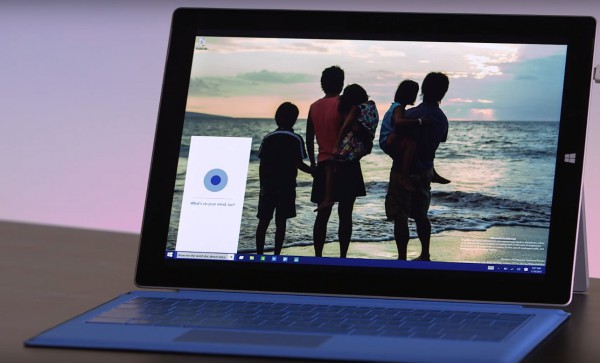
 Both open and closed projects have their place; there are arguments for each as to which is better. For standards, however, open is preferable. By preventing licencing fees and legal patent battles, the technology can continuously evolve without interruption.
Both open and closed projects have their place; there are arguments for each as to which is better. For standards, however, open is preferable. By preventing licencing fees and legal patent battles, the technology can continuously evolve without interruption.



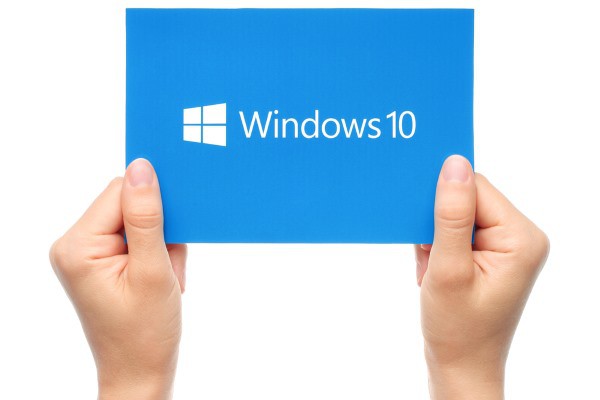
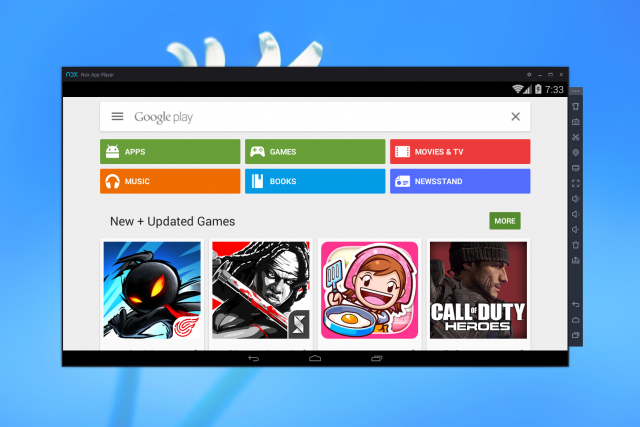





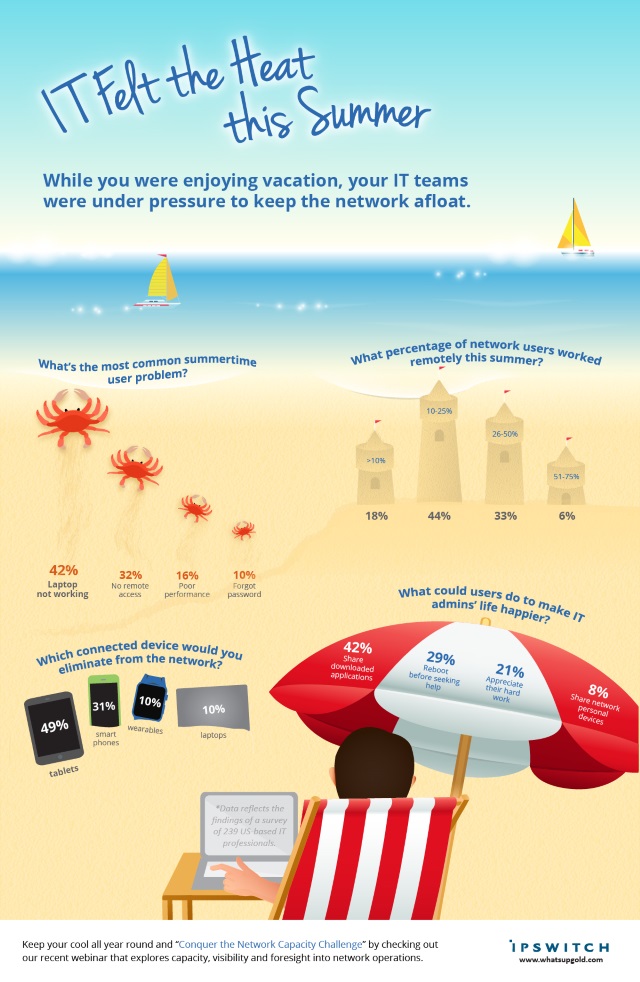

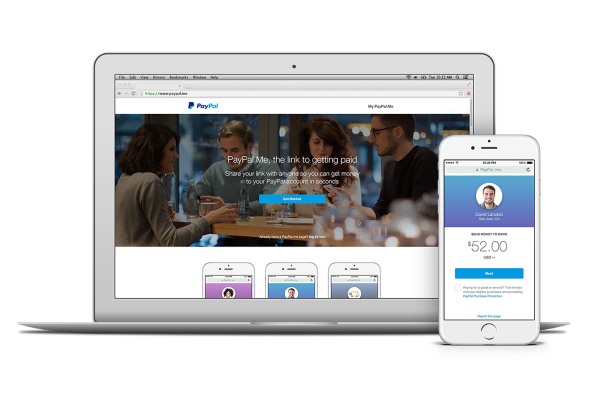

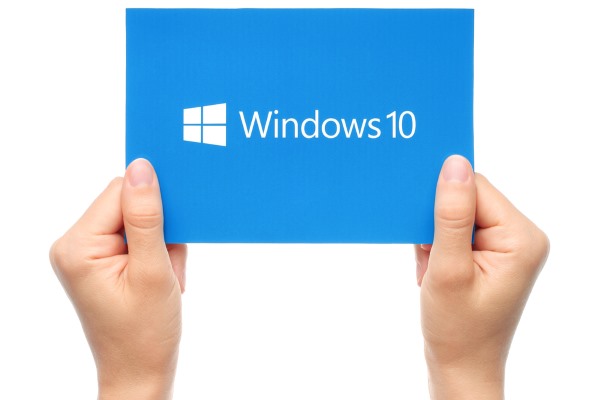
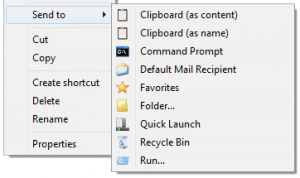 After years with no activity at all, Gabriele Ponti’s classic Explorer extension Send To Toys has been updated to version 2.71 with improved installation, various bug fixes and Windows 10 compatibility.
After years with no activity at all, Gabriele Ponti’s classic Explorer extension Send To Toys has been updated to version 2.71 with improved installation, various bug fixes and Windows 10 compatibility.
